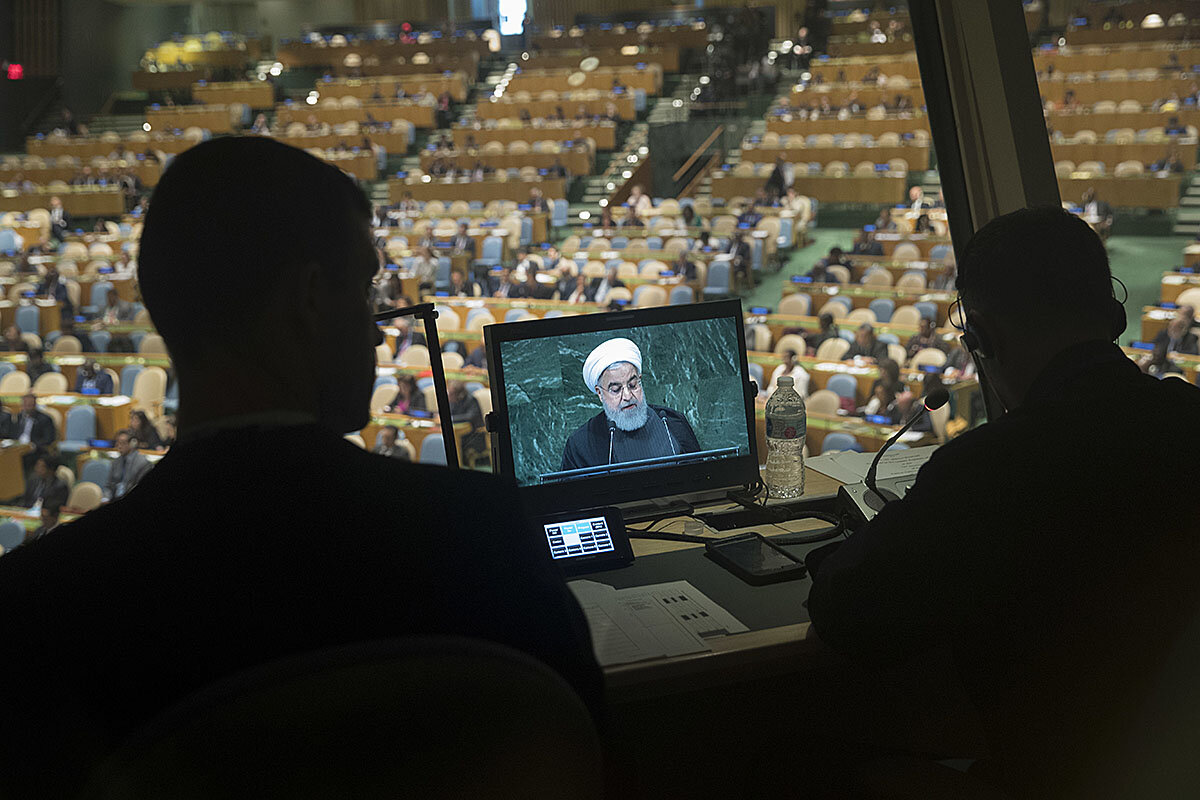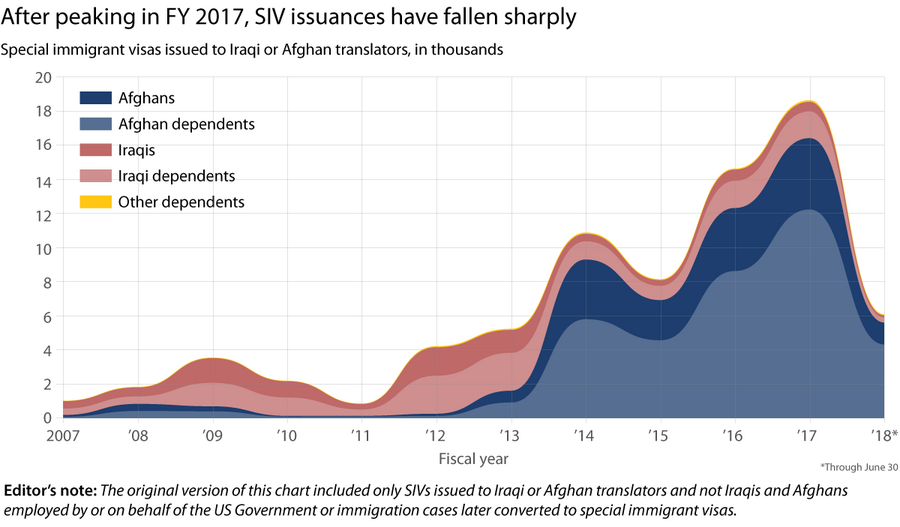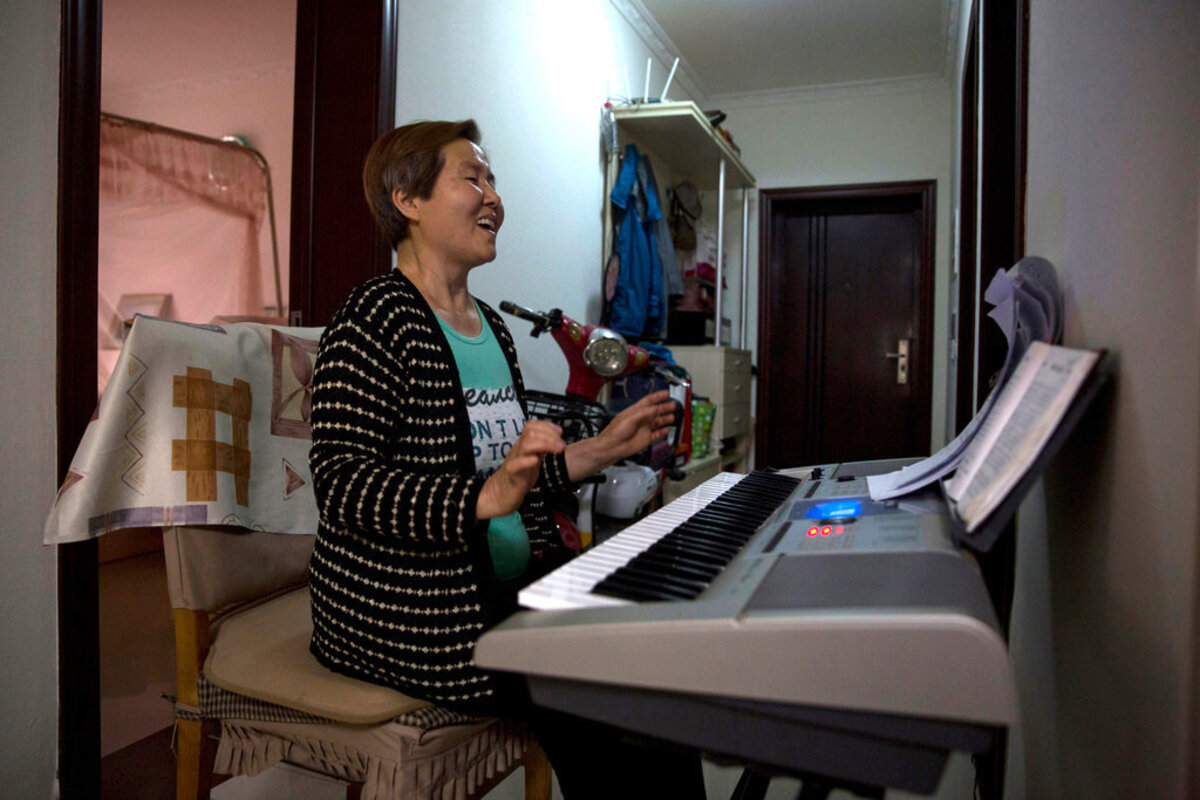Monitor Daily Podcast
- Follow us:
- Apple Podcasts
- Spotify
- RSS Feed
- Download
 Mark Sappenfield
Mark Sappenfield
Marriage has been subject to many revisions over the years. For millennia, it offered stability (and sometimes love) but essentially enshrined inequality. With the 20th century came the baby boomer divorce spike and then, in this century, the rise of same-sex marriage. But a new report on marriage suggests a different kind of change is now taking shape that may be subtler than these past convulsions but perhaps even more profound.
The divorce rate in the United States declined 18 percent from 2008 to 2016, according to University of Maryland sociologist Philip Cohen. The reason is essentially twofold: First, younger Americans are getting divorced less than their boomer parents. And second, Americans with less than a college education – the group most prone to divorce – are cohabiting more and marrying less.
The first trend is good; the second isn’t. Cohabiting is not as stable as marriage, and broken relationships point to many negative outcomes for families and society. Yet within both trends is a single thread: a greater appreciation of the higher and deeper reasons for marriage.
The clear yearning is for a stability based on equality, responsibility, and mutual respect, not merely romantic love or financial necessity. Mr. Cohen’s data show not only that this is possible but where our focus is most needed to spread this stability more widely.
Now, on to our five stories for today, including insight into Iran’s resilience to sanctions, a different view national service, and the joy of singing together.











